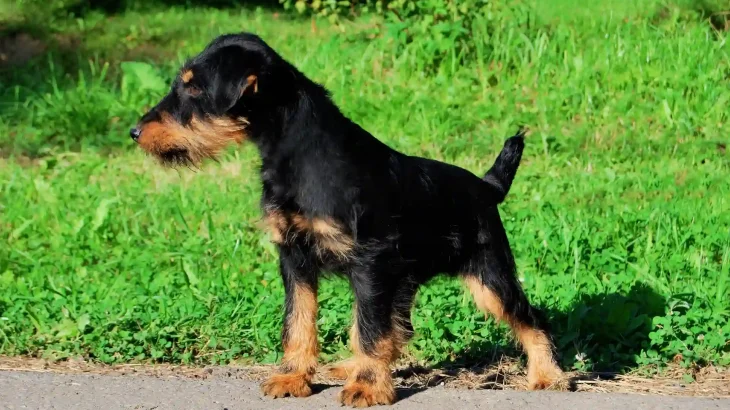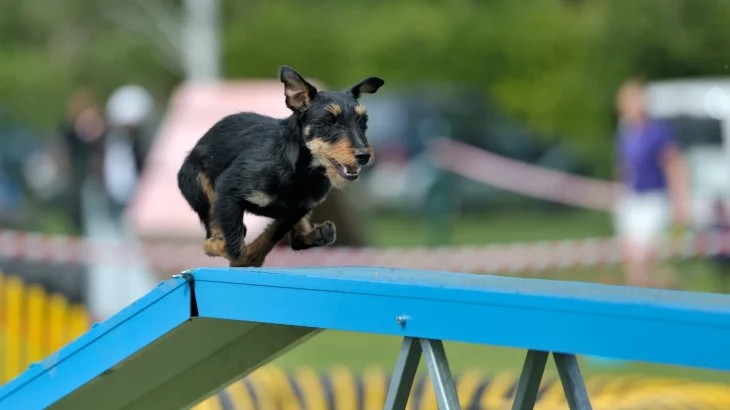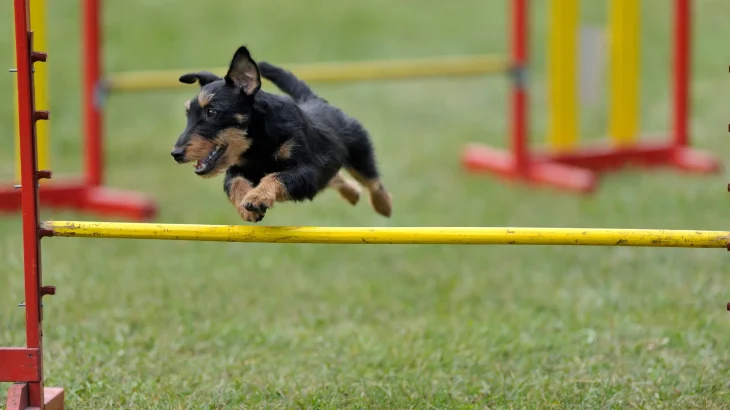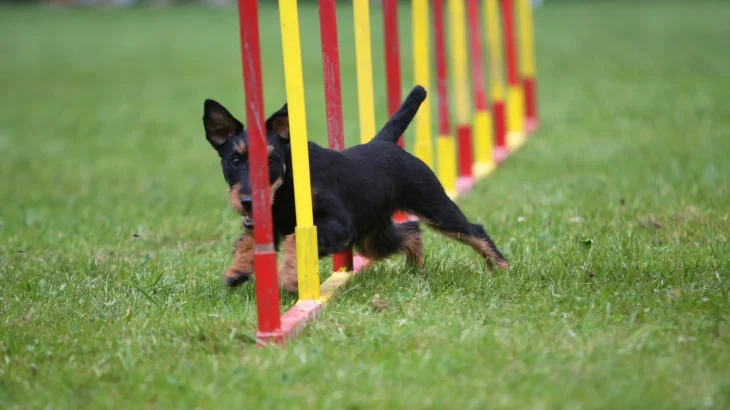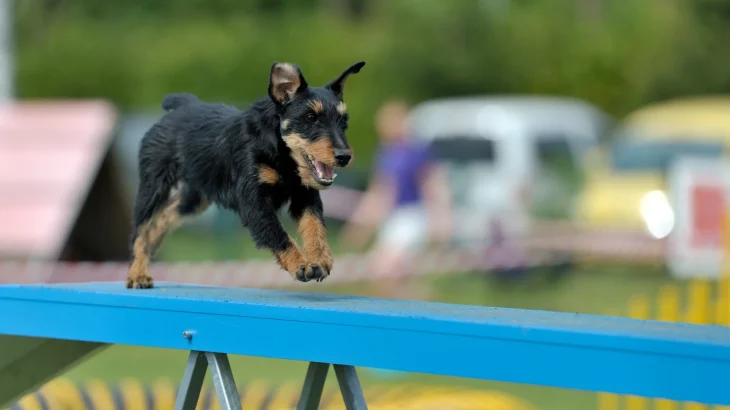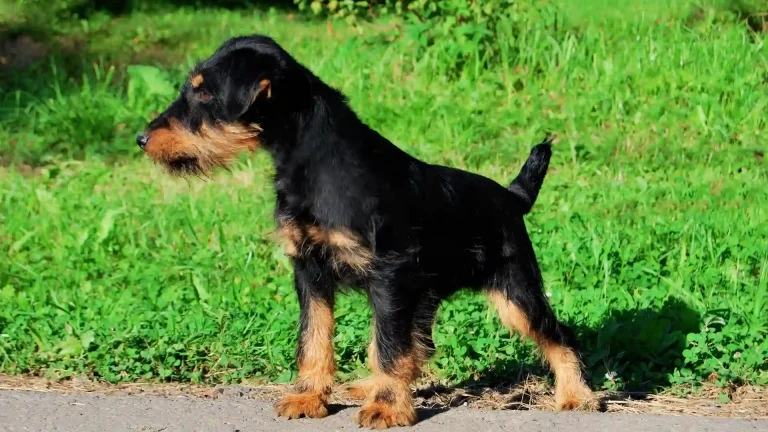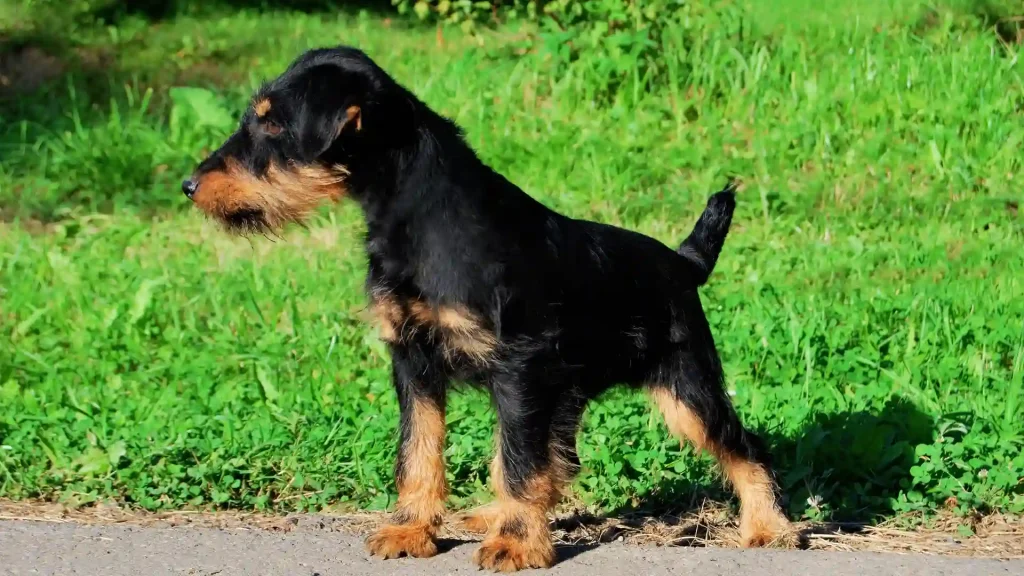Pet insurance is a smart choice for owners of the German Hunt Terrier, a lively and curious breed. Veterinary bills can be costly when accidents or illnesses happen. Insurance helps cover these expenses, easing financial stress. This breed's adventurous side raises risks like accidental ingestion or injuries during outdoor activities, making insurance especially helpful. Plans often cover health issues and some liability risks, tailored to active dogs like this breed. Knowing coverage details helps pick the best policy. While alternatives exist, insurance allows focus on your dog's care, not surprise costs.
Health and Surgery Coverage
Pet insurance usually covers unexpected accidents, illnesses, and chronic conditions needing vet care. For German Hunt Terriers, emergency and surgery coverage is key—such as treating broken bones or removing harmful objects. Policies often reimburse 70-90% of eligible costs after deductibles. Owners pay premiums, deductibles, and co-insurance. Pre-existing conditions and routine care (like vaccines) aren't covered. The benefit: savings on large expenses while handling routine costs yourself.
Liability Coverage
Some plans offer liability coverage to protect owners if their German Hunt Terrier causes injury or damage. This suits an assertive hunting breed that might accidentally harm others during outdoor play. Liability covers third-party claims, such as injuries to people or pets, though not all policies include it and limits apply. It helps shield you from legal costs beyond homeowner insurance.
Common Alternatives to Pet Insurance
Some owners save money themselves to cover medical costs, avoiding premiums but risking not enough funds for emergencies. Others use vet or organization plans that cover preventive care but not serious incidents. These alternatives offer flexibility but lack the safety net insurance provides for costly emergencies—important for active, accident-prone German Hunt Terriers.
Practical Scenario Illustrating the Need for Coverage
Imagine your German Hunt Terrier swallows a toxic mushroom on a walk and needs emergency surgery and overnight care. Without insurance, bills could reach thousands, causing stress or difficult choices. With insurance, most costs are covered, letting you focus on your pet's recovery and happiness without money worries. This example shows why insurance matters for this spirited, adventurous breed.

